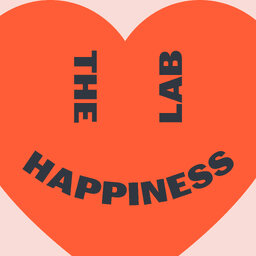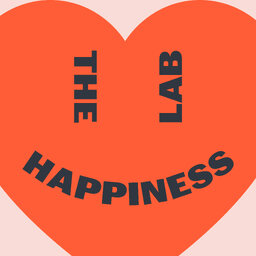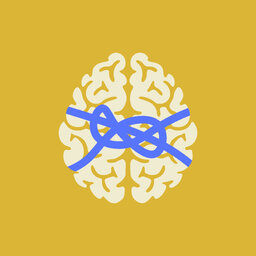Q: "Are We Born to Work? Or Born to Live?"
Listener Niki Walker has a question... in our busy, career-driven, money-oriented live, are we forgetting to make time for more important things?
In our first episode fielding questions from fans of The Happiness Lab, Dr Laurie Santos looks at the world of work and how we can prioritize purpose, fun and human interaction to make our daily lives better.
Laurie is joined by Professor Cassie Holmes (author of "Happier Hour: How to Beat Distraction, Expand Your Time and Focus on What Matters Most).
In 1 playlist(s)
The Happiness Lab with Dr. Laurie Santos
You might think you know what it takes to lead a happier life… more money, a better job, or Instagra…Social links
Follow podcast
Recent clips

How to Find "The One": The Science of Dating with Tim Molnar
45:01

How to Feel Truly Loved (with Dr. Sonja Lyubomirsky and Dr. Harry Reis)
42:09

How to Design a More Meaningful Life (with Dave Evans and Bill Burnett)
46:30
 The Happiness Lab with Dr. Laurie Santos
The Happiness Lab with Dr. Laurie Santos